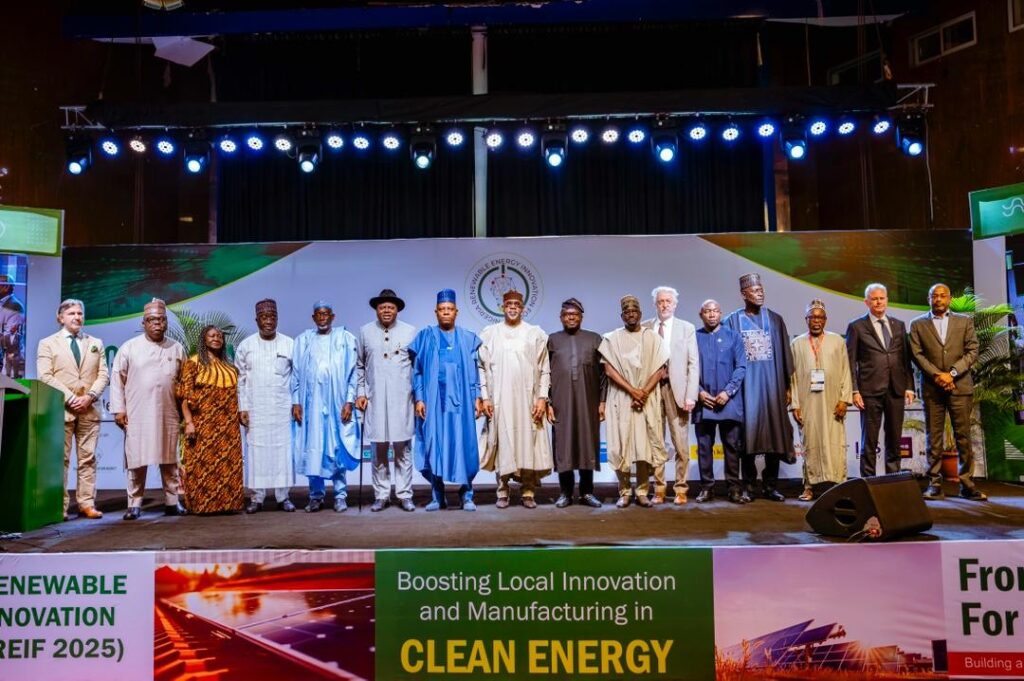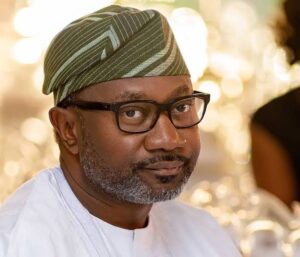Nigeria poised to become Africa’s renewable energy hub with $410bn investment

Abdullateef Fowewe
At the inauguration of the Nigerian Renewable Energy Innovation Forum (NREIF) 2025 in Abuja, Vice President Kashim Shettima announced Nigeria’s ambitious energy transition plan under President Bola Tinubu is set to unlock over $410 billion in investment by 2060.
The goal is to position Nigeria as the driving force of Africa’s renewable energy revolution.
“We have too much at stake. We are blessed with the minerals that power clean technologies, and Nigeria brings to the table youth, ambition, and untapped renewable potential,” Shettima was quoted saying in a statement on Tuesday by Stanley Nkwocha, Special Adviser to The President on Media & Communications (Office of The Vice President).
He underscored the need to harness these resources, unlock capital, and become “the vibrant heartbeat of Africa’s renewable energy revolution.”
The VP highlighted a requirement of $23 billion to expand energy access across Nigeria and address energy poverty. Beyond expansion, Nigeria aims to build “a power system capable of 277 gigawatts of total installed capacity by 2060.”
He added, “This ambition demands more than investment; it demands innovation, local capacity, and commitment.”
Shettima assured stakeholders of President Tinubu’s commitment to establishing a self-sustaining renewable energy market by enhancing incentives, streamlining regulations, and promoting collaboration with state governments and investors.
He stated, “We are enhancing incentives for local manufacturing, streamlining regulatory frameworks, and deepening collaboration with State Governments, investors, and development partners to de-risk private capital and accelerate the emergence of a self-sustaining renewable energy market.”
Detailing the ‘Nigeria First’ industrial strategy, he stressed the importance of indigenous leadership in the renewable energy supply chain: “From solar panel assembly lines in Lagos to battery recycling hubs along our industrial corridors, Nigeria must not only participate in this revolution but lead it.”
The Federal Ministry of Power is preparing policies aimed at creating a more decentralised, competitive, and inclusive electricity market.
Shettima also called on the private sector and development partners to localise technologies and invest in skills transfer.
He encouraged state governments to “champion renewable industrial clusters and serve as engines of green growth across the federation.”
Announcing tangible progress, the VP revealed new investment commitments of over $400 million flowing into renewable energy manufacturing in Nigeria, including solar panels, smart meters, and battery storage, set to create more than 1,500 jobs.
The event also featured endorsements from Minister of Power Adebayo Adelabu, UN representatives, and the Dutch Ambassador, who announced multi-million-dollar MOUs signed with the Rural Electrification Agency and other partners in attendance, underscoring global confidence in Nigeria’s clean energy future.




